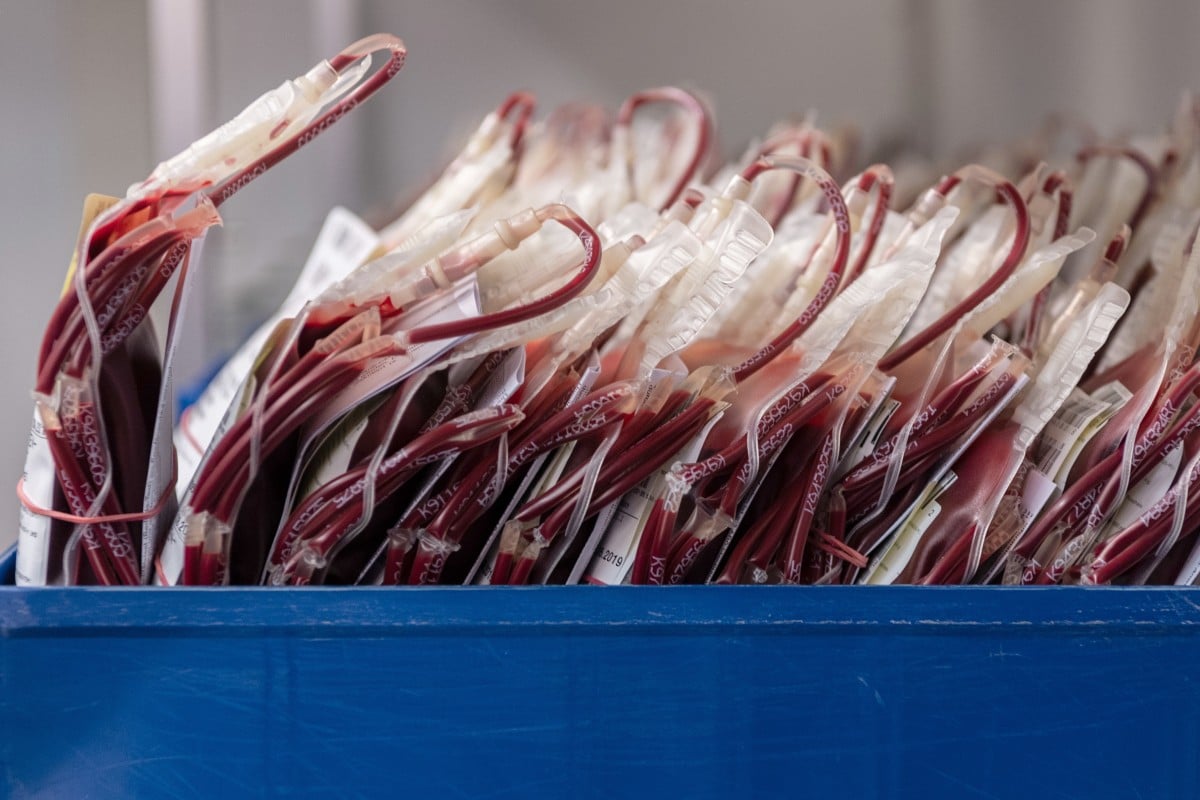Coronavirus: low antibody levels raise questions about reinfection risk
- Scientists in Shanghai say some recovered patients show no signs of the neutralising proteins
- Early-stage findings could have implications for vaccine development and herd immunity, they say

SCMP,
7 April, 2020
Researchers in Shanghai hope to determine whether some recovered coronavirus patients have a higher risk of reinfection after finding surprisingly low levels of Covid-19 antibodies in a number of people discharged from hospital.
7 April, 2020
Researchers in Shanghai hope to determine whether some recovered coronavirus patients have a higher risk of reinfection after finding surprisingly low levels of Covid-19 antibodies in a number of people discharged from hospital.
A team from Fudan University analysed blood samples from 175 patients discharged from the Shanghai Public Health Clinical Centre and found that nearly a third had unexpectedly low levels of antibodies.
In some cases, antibodies could not be detected at all.
“Whether these patients were at high risk of rebound or reinfection should be explored in further studies,” the team wrote in preliminary research released on Monday on Medrxiv.org, an online platform for preprint papers.
Although the study was preliminary and not peer-reviewed, it was the world’s first systematic examination of antibody levels in patients who had recovered from Covid-19, the disease caused by the coronavirus, the researchers said.
All of the patients had recently recovered from mild symptoms of the disease and most of those with low antibody levels were young. The researchers excluded patients who had been admitted to intensive care units because many of them already had antibodies from donated blood plasma.
Antibodies are generated by the immune system and have unique chemical structures to inhibit specific pathogens. The coronavirus antibody intercepts the spike protein on the viral envelope to prevent it from binding with human cells.
All of the patients had recently recovered from mild symptoms of the disease and most of those with low antibody levels were young. The researchers excluded patients who had been admitted to intensive care units because many of them already had antibodies from donated blood plasma.
Antibodies are generated by the immune system and have unique chemical structures to inhibit specific pathogens. The coronavirus antibody intercepts the spike protein on the viral envelope to prevent it from binding with human cells.
“This is a clinical observation we made at the front line. What this will mean to herd immunity will require more data from other parts of the world,” Professor Huang Jinghe, the leader of the team, said on Tuesday.
Huang said 10 of the patients in the study had an antibody presence so low it could not even be detected in the laboratory.
These patients experienced typical Covid-19 symptoms including fever, chill and a cough, but might have beaten back the virus with other parts of the immune system such as T-cells or cytokines.
How they did this was still unclear.
“Vaccine developers may need to pay particular attention to these patients,”
Huang said. If the real virus could not induce antibody response, the weakened version in the vaccine might not work in these patients either.
The researchers also found that the Covid-19 antibody could bind with a distantly related strain that caused an outbreak of severe acute respiratory syndrome (Sars) in 2003.
But the binding could not suppress Sars virus replication in cells, dashing hopes of developing a vaccine for two or even more coronavirus strains at once.
Many questions about the virus remain unanswered, including how the virus made the jump from animal to humans; why some people die from Covid-19 and others are asymptomatic; and why some recovered patients test positive again.
Professor Wang Chen, a senior scientific adviser to the central government, told state media on Monday that it was way too early to declare victory against the disease even in China, where the situation was under control for now.
“Who knows whether this will become something like a seasonal flu, or chronic disease like hepatitis B, or just vanish like Sars?” he was quoted in the official Science and Technology Daily.
“Up till now we still lack imagination [to tell].”
No comments:
Post a Comment
Note: only a member of this blog may post a comment.